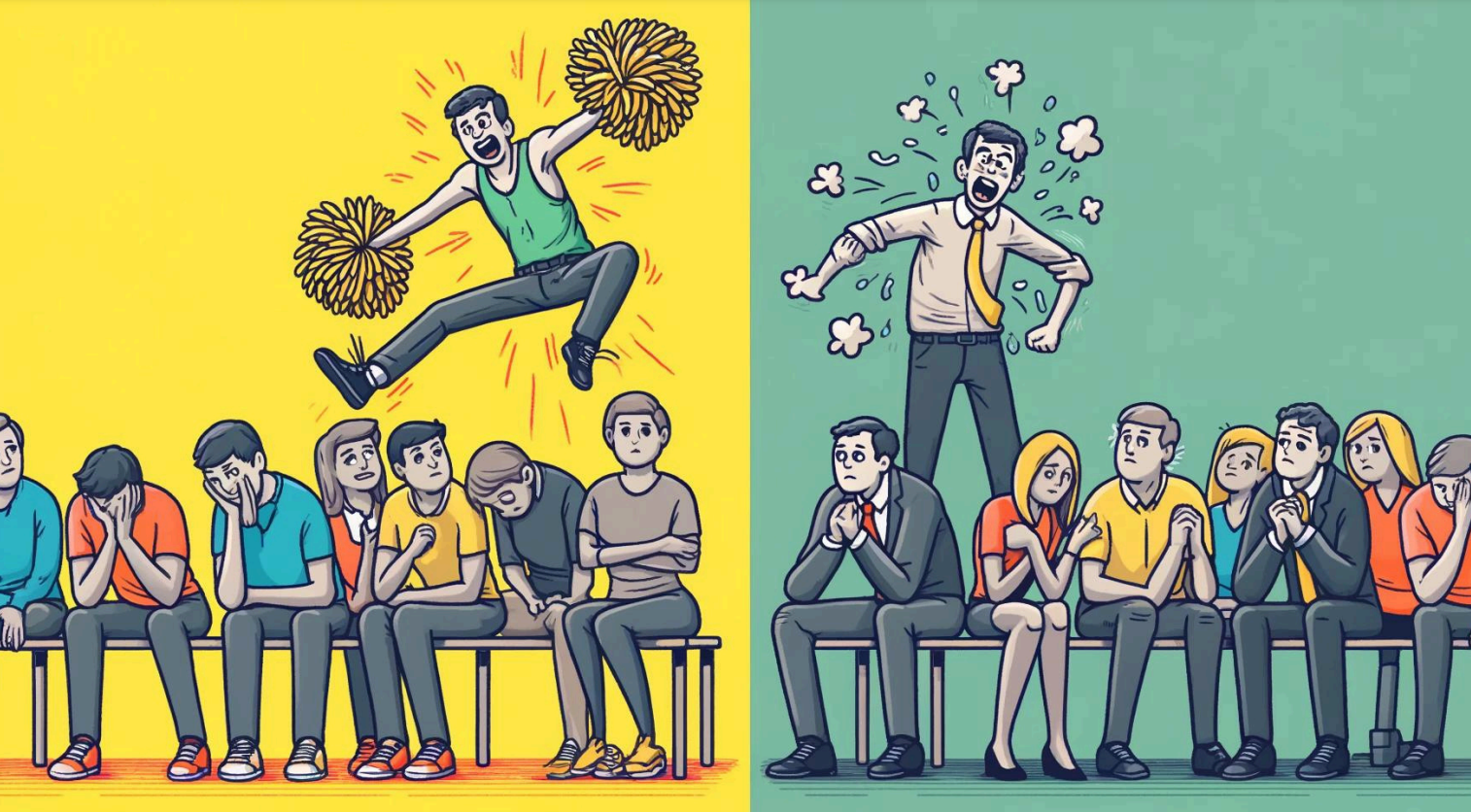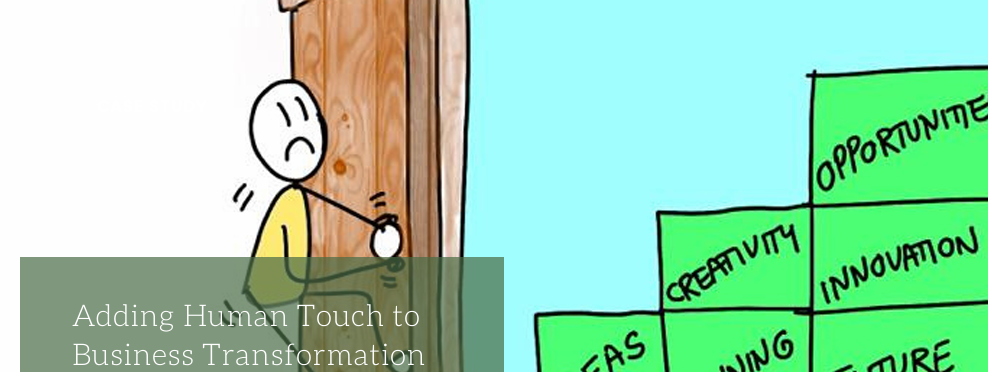This month, Amsterdam celebrates Pride. The annual Amsterdam Pride event includes the iconic Canal Parade, parties, and activities, fostering a vibrant and supportive atmosphere for people of all sexual orientations and gender identities. This month’s newsletter is dedicated to the Pride theme of Amsterdam.
Was Alex a misfit in the Culture or the Culture was misfit for Alex?

In the city of London, there was a large corporate with a team of seasoned alpha men and women known for their professionalism and expertise. In the midst of this established group, they hired a new customer service executive named Alex. Alex was a burst of flamboyance, creativity, and a strong advocate for LGBT rights.
” I was invited to the party, but I was told that I can’t dance like this here” Alex
From the beginning, Alex’s creative ideas were met with skepticism and often dismissed by the team, who preferred to stick to traditional approaches. Despite being told to keep his ideas to himself, Alex remained undeterred and continued to seek ways to contribute his unique perspective.
As the year-end Christmas party approached, Alex was tasked with organizing the grand event. Excited to showcase his creativity, he presented a quirky and innovative plan, but the team found it too loud and weird, laughing it off and ignoring it. Feeling excluded and unappreciated, Alex watched in dismay as a competitor implemented a similar idea six months later and received a remarkable response.
Deep down, Alex sensed that his appearance and vibrant energy were the reasons why the team didn’t take him seriously. They expected him to conform to their norms, stifling his true self.
Disheartened by the lack of acceptance and the unwillingness to embrace change, Alex made the difficult decision to leave the job after one year. On LinkedIn, he posted, “I was invited to the party, but I was told you can’t dance like this here.”
Alex isn’t the only Alex struggling in this kind of corporate cultures
Corporate culture often prioritizes conformity with the order:
1. Acceptance into the existing culture,
2. Visibility and contributions,
3. Embrace the role, and
4. Self-awareness.
However, when this order is strictly followed, some employees may feel unhappy and unfulfilled because the emphasis on fitting into the existing culture might overshadow their individuality. People might prioritize conforming over expressing their authentic selves and pursuing personal growth, leading to a sense of dissatisfaction and disconnection from their true identity.
Brining the Change is a disaster in this situation
People may react negatively to change in a conformist corporate culture because they fear disrupting the status quo or losing their sense of belonging. They might feel uncomfortable with uncertainty and fear potential consequences. Additionally, if the culture suppresses individuality, any change challenging the norm may be met with resistance or skepticism.
Reordering the steps can foster a more fulfilling and change-ready team:
- Know yourself: Encouraging team members to understand their values, strengths, and aspirations empowers them to bring their authentic selves to the workplace.
- Accept yourself (the new you): Emphasizing self-acceptance within the organization allows individuals to feel valued for their unique qualities and contributions.
- Make yourself known: Creating an inclusive environment where team members can express their ideas and skills openly fosters a sense of ownership and involvement.
- Have yourself accepted: When individuals are confident in their identity and their ideas are acknowledged, they are more receptive to change and adaptable to new challenges.
This reordered approach promotes a culture that values individuality, fosters a sense of belonging, and builds resilience in the face of change. Team members are more likely to embrace new opportunities, work collaboratively, and find fulfillment in their roles.




